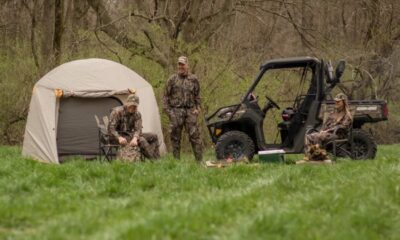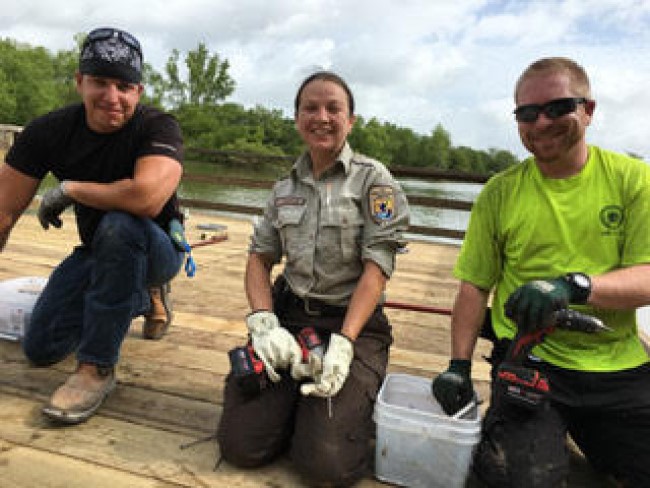Adventure
What’s Killing Florida’s Manatees?
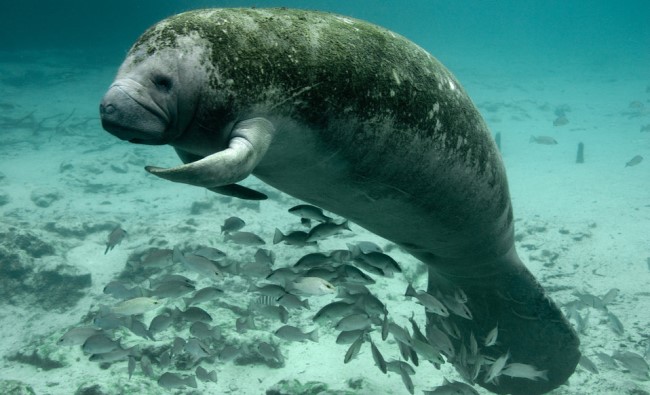
The year 2021 has been tough on Florida’s manatees, with approximately 1,000 mortalities.
One thousand manatee mortalities may not sound like all that much, but the “sea cow” is endangered and these losses are bitter. It’s enough, in fact, to refer to what’s happened to Florida’s manatees this year as an Unusual Mortality Event, or UME. What caused it? It starts with poor water quality in a part of Florida called the Indian River Lagoon. This has led to harmful algal blooms and the loss of the seagrass that manatees must eat to survive.
Rescue efforts are and have been underway. Since January 1, 2021, the Florida Fish and Wildlife Conservation Commission (FWC) and partners (U.S. Fish and Wildlife Service [USFWS], in cooperation with Florida Power & Light Company (FPL) have rescued over 130 manatees statewide.
What’s being done?
Obviously, Step One is to try to feed the starving manatees. Staff have just been approved to conduct a short-term feeding trial, referred to by many as supplemental feeding. The goals of this limited, small-scale feeding trial are two-fold: 1) to reduce manatee mortality; and 2) to reduce the number of animals in need of rescue, allowing the limited space in permitted critical care facilities to remain open for animals needing rehabilitation for other reasons.
The scientists at USFWS and the FWC are cautious in their optimism. “Because this trial effort is a management action that has not been tried before, we do not know how many manatees will visit the site or how much vegetation individual manatees will consume. The goal of this action is to reduce manatee mortality. It will not eliminate it,” states the FWC. They’re well aware that supplemental feeding can cause problems down the line, but are hoping that this will save enough manatees to phase it out later.
“We understand the importance of a timely response. Our agencies and Unified Command partners carefully considered all aspects of a short-term feeding trial,” said Shannon Estenoz, Department of the Interior Assistant Secretary for Fish and Wildlife and Parks. “It is critical we help manatees in the short term with actions that are compatible with their long-term well-being and resilience.”
Sadly, it’s not over. The poor water quality conditions that began this UME are still in effect, and more manatee deaths are anticipated.
What you can do to help
- Call FWC’s Wildlife Alert toll-free number: 1-888-404-FWCC (1-888-404-3922) or #FWC or *FWC on a cellphone if you see a sick, injured, dead or tagged manatee.
- Boaters will find them easier to spot if they wear polarized sunglasses and keep a lookout for signs of manatees such as the circular “footprints” they trace on the top of the water or their snouts sticking up out the water.
- Look, but don’t touch manatees. Keep your distance when boating, even if you are steering a canoe, kayak or paddleboard. Be a good role model for others so that they learn how to watch and enjoy manatees without disturbing the animals.
- The plate you buy matters; support FWC manatee rescues and research. Next time you renew your tag, consider a “Save the Manatee” license plate!
- Show your support for manatee conservation by proudly displaying a manatee decal. These high-quality stickers feature original artwork and are available from your local Tax Collector’s office with a $5 donation.
-
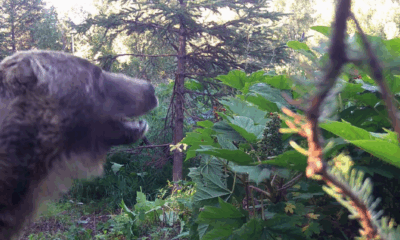
 Hiking & Climbing1 week ago
Hiking & Climbing1 week agoWhen Bears Bring the Drama: A Tail—or Should I Say “Tale”?
-

 Adventure1 month ago
Adventure1 month agoREACTION: Trump’s Make America Beautiful Again Agenda
-

 Gear2 months ago
Gear2 months agoLet Freedom RING! Primary Arms’ Independence Day Category Sale Starts NOW
-

 Adventure2 months ago
Adventure2 months agoU.S. Bighorn Sheep Going Home to Canada
-

 Camping & Survival2 days ago
Camping & Survival2 days agoField Dressing 101: Knowing When It’s Their Turn
-
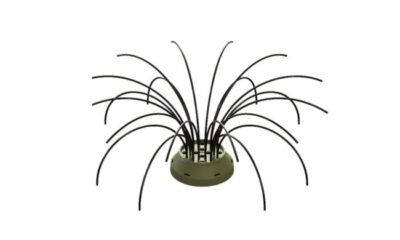
 Fishing4 weeks ago
Fishing4 weeks agoMy Wacky Bush Brings All the Bass to the Yard
-

 Adventure3 weeks ago
Adventure3 weeks agoNo Ivy Required: University of Montana’s New Center for Hunting and Conservation

